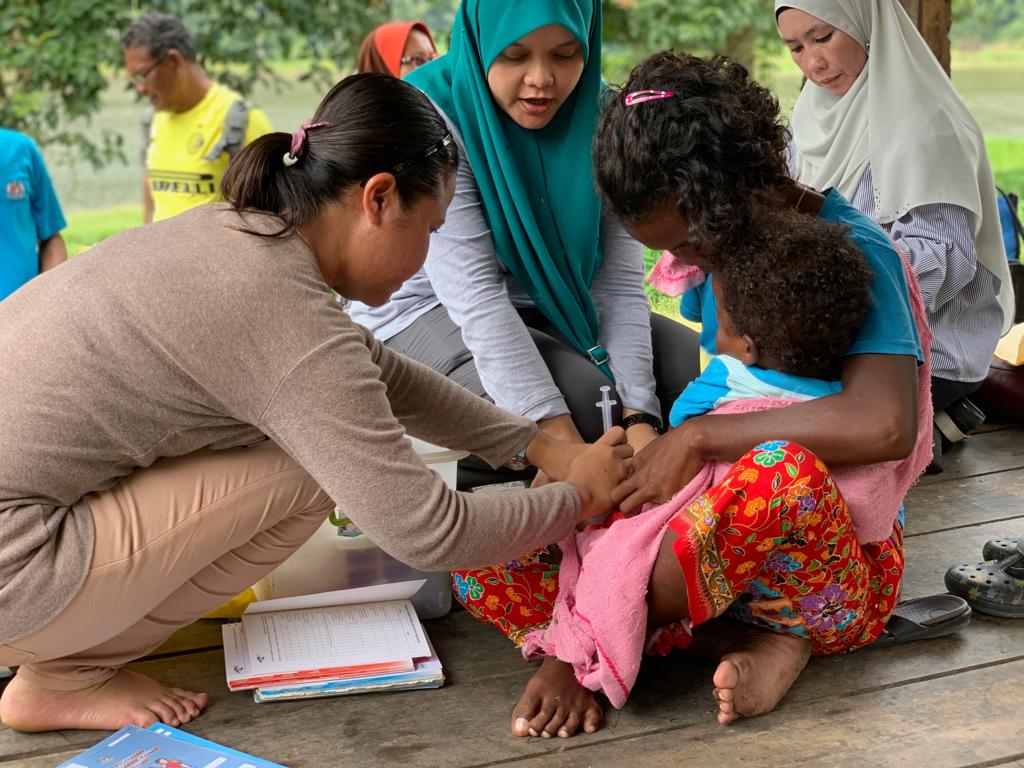KUALA LUMPUR, Sept 25 — The Health Ministry has denied allegations of coercing Orang Asli women in Hulu Perak, Perak, into taking birth control shots.
Health Minister Dzulkefly Ahmad said the ministry’s own investigating committee, which was led by a family planning expert from the Orang Asli community, interviewed 28 women (24 Orang Asli and four non-indigenous people) on July 17 and 18 in Kampung Air Bukit and Kampung Ong Jelmol. The localities received mobile Orang Asli health services.
Two of the complainants who went public were also part of the inquiry, which was conducted as a “case control” that saw women of reproductive age from Kampung Air Bukit placed in the “case” group, whereas women of reproductive age from Kampung Ong Jelmol and who patronised the public health clinic were in the “control” group.
The two complainants were part of the “case” group that comprised eight Orang Asli women in total, with the remaining 20 women in the “control” group.
“Investigations found most Orang Asli women who were interviewed knew that the purpose of family planning was to space out pregnancies and to give time for the mother to recover after giving birth,” Dzulkefly said in a statement today.
“No one said family planning was aimed at limiting the Orang Asli population. They also denied claims that health officials forced them to practice family planning. Some women also decided to quit family planning for their own personal reasons.”
Interviews by the investigating committee, which also comprised five other members of diverse ethnicities, revealed that many Orang Asli women knew about various contraceptive methods and their side effects.
The committee found that the mobile Orang Asli health services team and the women’s contraceptive cards consistently followed standard operating procedure.
“Allegations that the Ministry of Health’s family planning services were meant to limit the number of children in the Orang Asli community are baseless,” Dzulkefly said.
“Instead, this investigation found that the level of acceptance and understanding among the Orang Asli community in Perak, especially RPS Dala, about this health service is good, totally refuting the statements published in the press,” he added.
Kampung Ong Jelmol is one of the gazetted villages located in RPS Dala, Perak.
Dzulkefly’s statement did not mention if similar complaints by indigenous women in Kelantan were also probed.
Last July, Orang Asli women from the Temiar tribe in Hulu Perak presented a memorandum to the Orang Asli Development Department (Jakoa) in Parliament, accusing health authorities of forcing them to take birth control injections.
A Temiar villager from Gua Musang, Kelantan, also reportedly alleged that Health Ministry officials who visited Orang Asli villages in mobile clinics had threatened women in her village to take birth control shots or pills, or have their medical cards confiscated.
Philip Alston, the UN Special Rapporteur on extreme poverty and human rights, said in a report on his visit to Malaysia last August that he met Orang Asli women who described an “appallingly authoritarian approach by health authorities”, including “several” women who alleged that they were forced to receive unwanted birth control injections or implants against their will.








